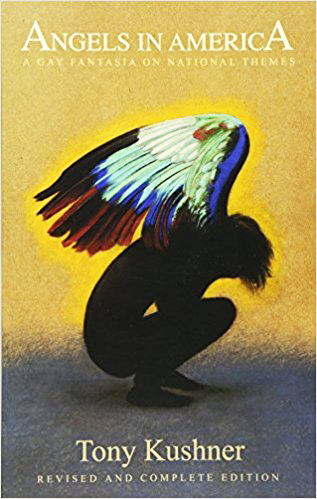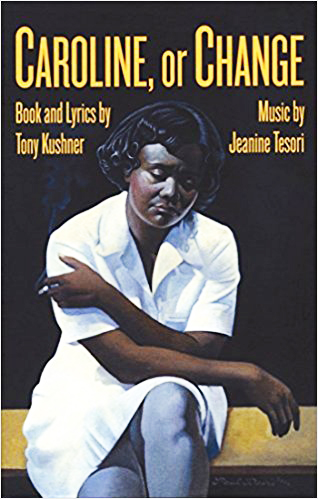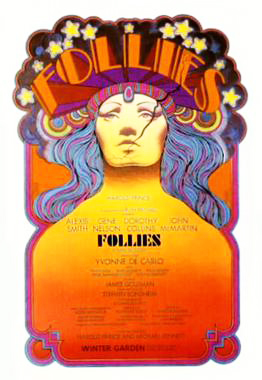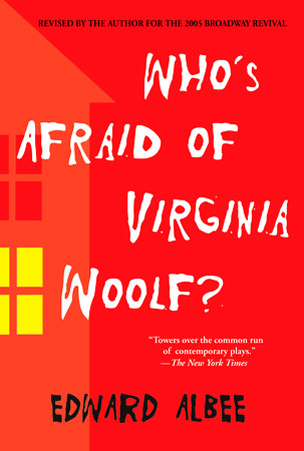Theater: What is Theater for?
By Wendy Caster
arttimesjournal May 24, 2018
Someone I used to know once told me that a particular show was terrible. “What was wrong with it?” I asked. “The main character dies,” she answered. For her, even a brilliant piece of theater had to have a happy ending to be good.
 |
At the other end of the spectrum, I have some friends who don’t consider any form of art excellent unless it makes them think and feel deeply and preferably suffer. They’ll take painful over entertaining any day.
Which leads to the question: What is theater for? A relaxing night out? An evening spent in the company of talented people? Learning something new about people? Catharsis?
I was thinking about these questions last night as I endured a grueling piece of theater that took almost three hours to explore how an extremely unpleasant family dealt with the grandmother’s choice to die. As she refused treatment and worked with a hospice nurse, the family bickered and lied and undercut each other and learned nothing. As an audience member, I felt hard done to. “Why would you put me through all of this,” I thought silently to the play’s creators, “Without giving me anything to make it worth my time?” (By the way, the show was reasonably well-written and -acted. That was not the issue.)
(I have a personal principle about shows and movies: If the lead character/s learn and grow, the piece can be as long as it wants. But if the leads aren’t going to learn and grow, it can’t be more than two hours long. It’s no fun watching people who are stuck and then stuck and then stuck some more. Two hours is plenty long to tell that story, 90 minutes even better.)
As it happens, I also recently saw Angels in America, which runs a total of about seven and a half hours. It too is a painful show, but I never felt used or hard done to. In fact, I felt thrilled to be there to experience the amazing ambition, creativity, and humanity of Tony Kushner’s great and vibrant piece of theater.
 |
Now, it’s kind of unfair to compare anything to Angels in America, which is a sui generis masterpiece. But I’m not comparing the writing or directing or acting per se. Rather, I am looking at the difference between a show that offers hope versus one that doesn’t.
This brings me back to the question “What is theater for?”
Is it for entertainment? In many cases, yes. I get why some people only want to see big, tuneful, silly musicals. The joy and escapism those shows offer are true gifts of theater. And even painful musicals (e.g., Follies; Next to Normal; Caroline, or Change) offer the beauty of song.
Dramas are different, particularly serious, serious ones. So, what are dramas for?
 |
Dramas can offer the comfort of knowing that you’re not the only one going through a breakup or family insanity or having a baby or nursing an elderly parent or watching someone die. They can teach about human relations or history or even math. They can show how humor mitigates pain, and how love rises above life’s challenges—or doesn’t. They can show what life is like for people who are different from you—or the same. They can provide a window into the worst or best day in a person’s life. And they can vividly depict how shitty life can be—and how wonderful. And whatever the show, the audience has a shared, human experience with hundreds of other people, laughing and crying together.
 |
Of course, the good can be made better and the bad can be mitigated through art: beautiful writing, textured acting, clear and compassionate direction. Even the most painful works can be transporting (e.g., A Streetcar Named Desire, Who’s Afraid of Virginia Woolf?).
The truth is, of course, that you can no more nail down what theater is for than solve a problem like Maria. It is many different things to many different people, which is one of the beauties and wonders of all art.
But, for me, theater is for communicating the complexity, awfulness, and glory of humanity, from living person (actor) to living person (audience member). And when it works, it is the most astonishing of art forms.
( Wendy Caster is an award-winning writer living in New York City. Her reviews appear regularly on the blog Show Showdown. Her short plays You Look Just Like Him and The Morning After were performed as part of Estrogenius festivals. Her published works include short stories, essays, and one book. )
